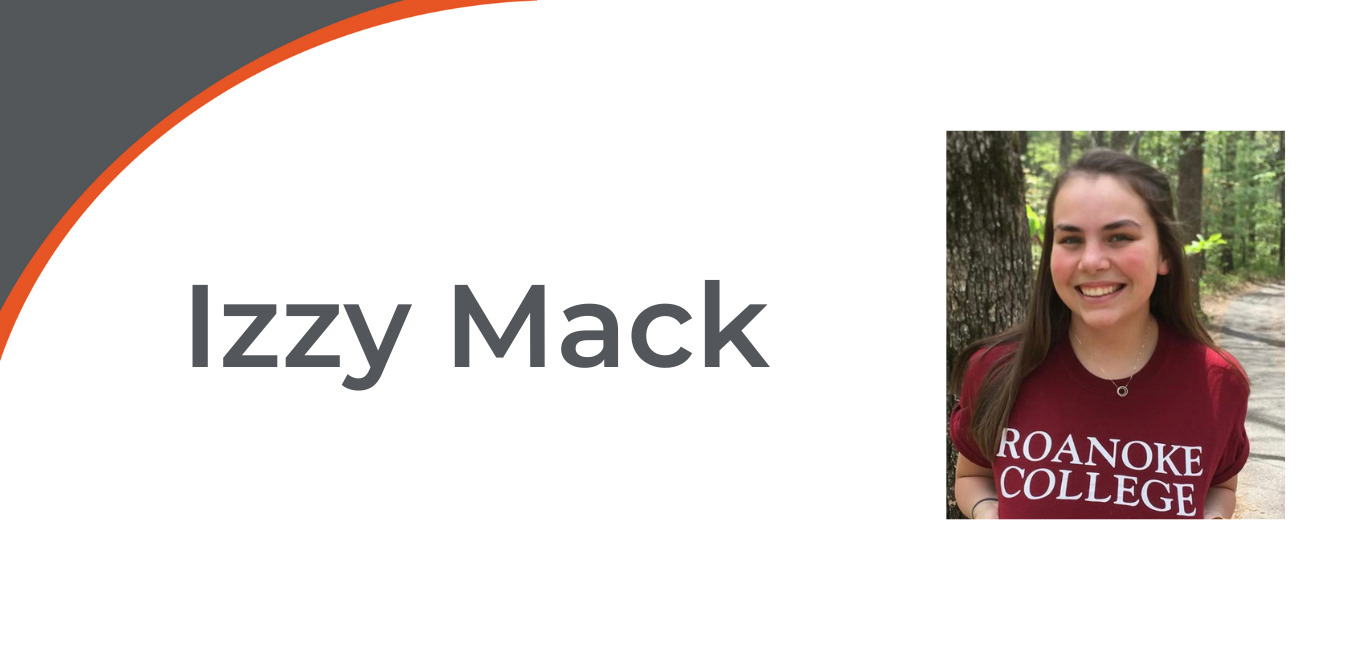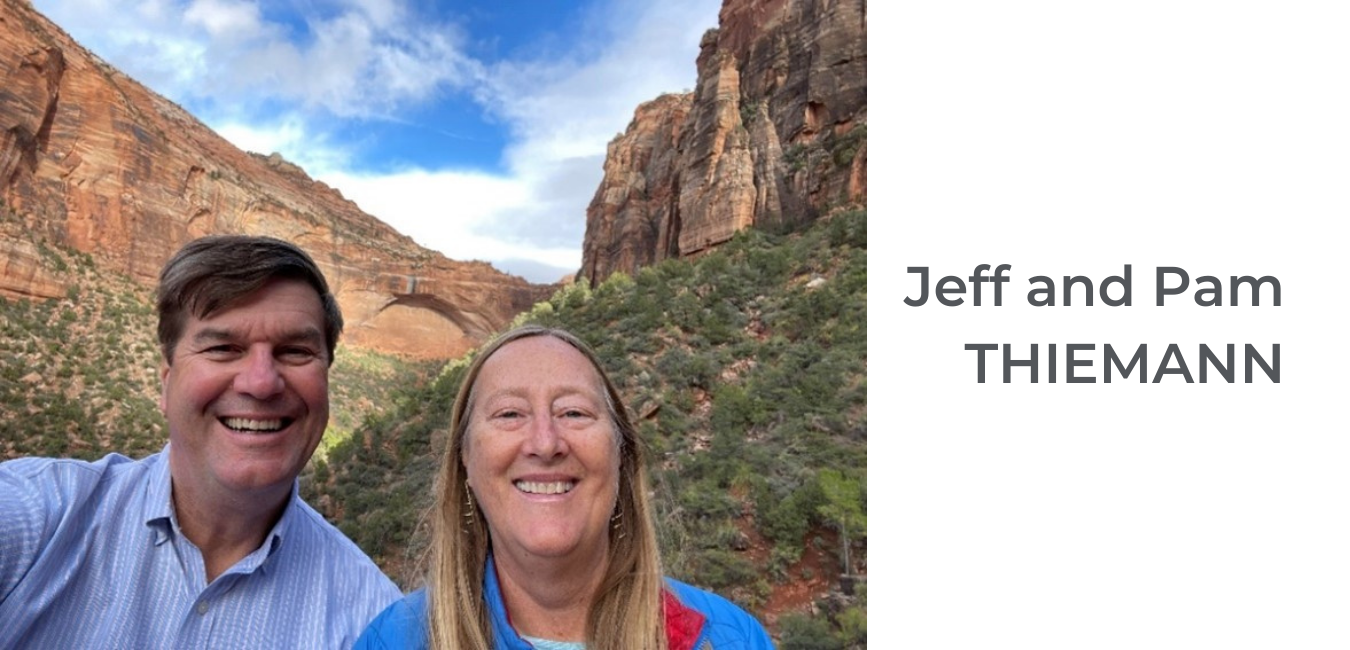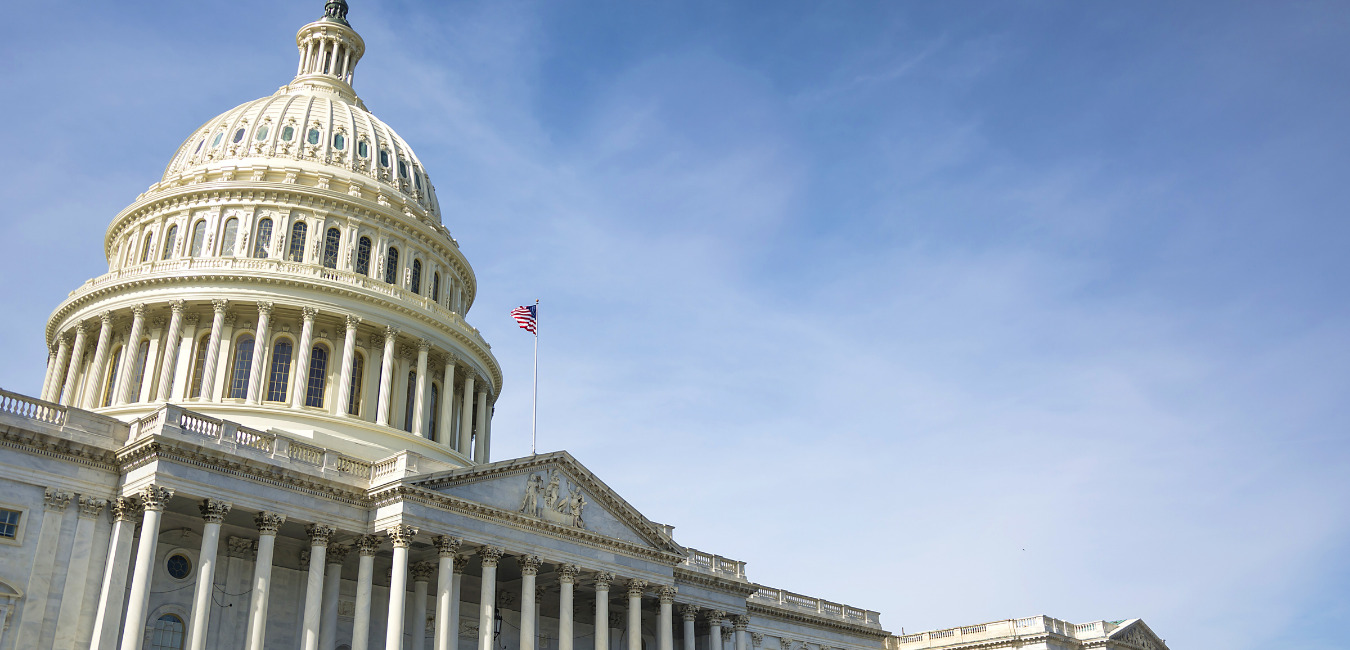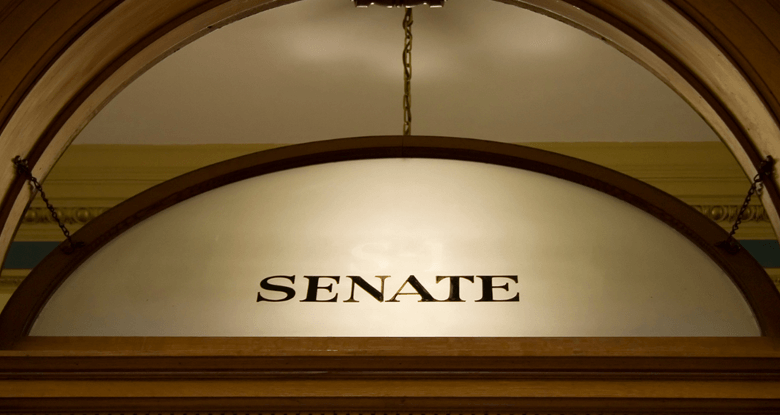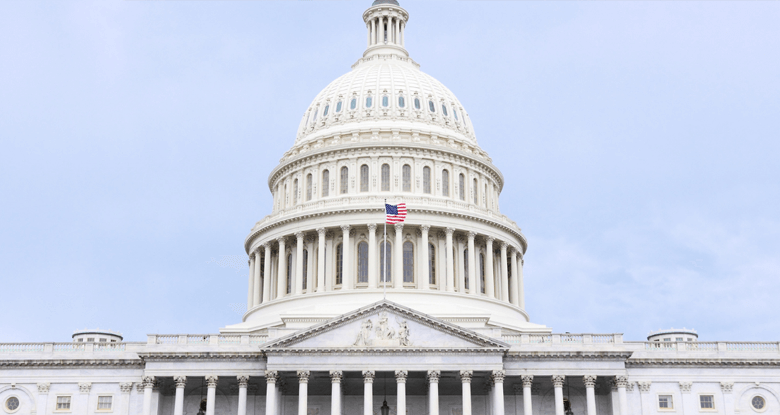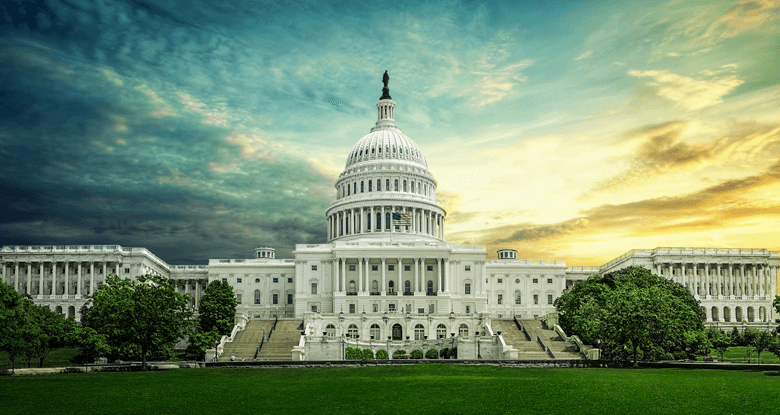Saying farewell to the fall 2021 Lutheran Services in America interns!
Each semester, Lutheran Services in America hosts interns from Lutheran College Washington Semester, a personalized internship program in Washington, D.C. where students live, study, and intern while earning a full semester of academic credit from their college.
The fall 2021 Lutheran Services in America interns were nothing shy of amazing with a great “can-do” spirit met with a smile when given new tasks and projects. While we are sad to say farewell, we are excited for their future endeavors and wish them the best of luck during their senior years.
The following is a reflection from Isabel “Izzy” Mack on her time in D.C. with Lutheran Services in America.
I made the best decision moving to Washington, D.C. to gain internship experience. I’ve been able to network, learn and grow in my intern role in the Lutheran Services in America Development Office. This experience has also opened my eyes to the extraordinary work that the 300 nonprofit organizations Lutheran Services in America network do every day to meet their mission. In addition to my internship at Lutheran Services in America, I also interned with Brett Parson, a retired Lieutenant for the Metropolitan Police Department that consults, trains and speaks on contemporary law enforcement issues and policing strategies with police departments all over the world. Balancing both internships blessed me with the opportunity to see two different aspects of nonprofit work in Washington, D.C. and the power of people across the country and the world working together to transform lives and communities.

As I prepare to graduate from Roanoke College this month, I’ve decided to pursue a degree in the legal field and know that these internship experiences have equipped me with new skills and knowledge that will continue to inspire me and help me follow my calling and professional journey.
The adventures I’ve experienced during these last three months living in Washington, D.C. have exceeded my wildest dreams. I’ve enjoyed getting to know the city. Recently, Washington, D.C. got even more exciting on a Saturday morning trip to the Eastern Market, where I met Vice President Kamala Harris. I waited for a perfect window to ask for a photo and the Vice President was lovely and delighted to take a picture with me. It was an amazing moment that I will treasure forever.
By Isabel “Izzy” Mack, Intern
